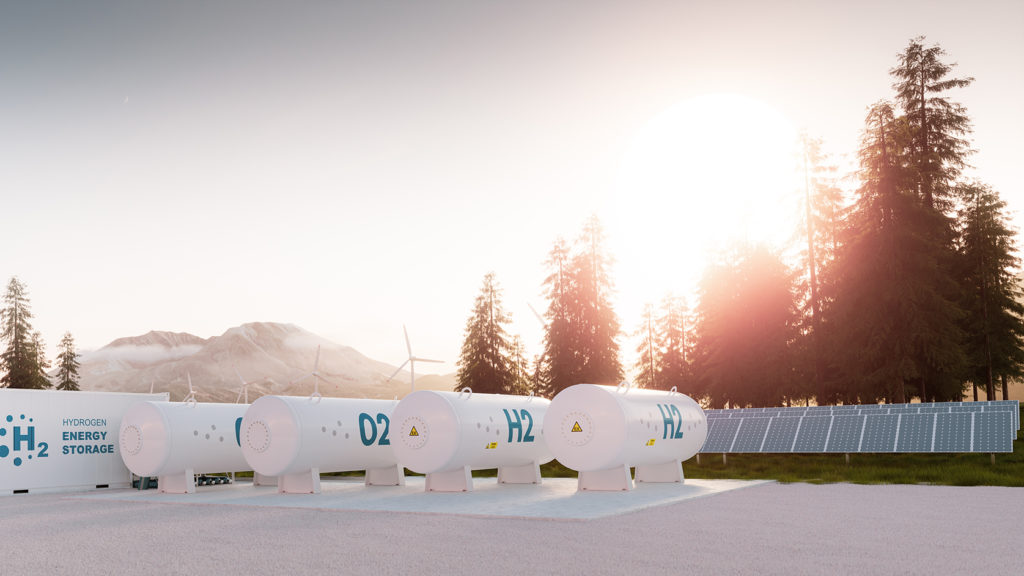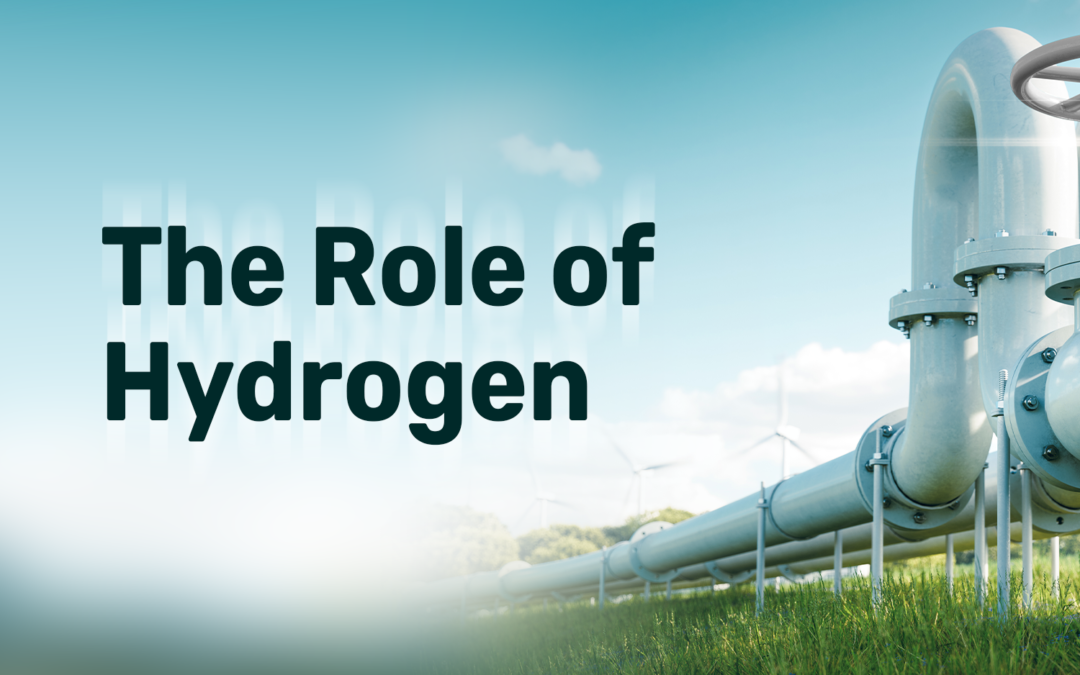The Role of Hydrogen
Europe is undergoing great pressure to decarbonize economies and to address the urgent need to achieve EU energy independence by accelerating the integration of renewable energy sources into Europe’s energy systems. This transition is supported by the extensive EU legislative framework on the matter, including the renowned European Green Deal and the more recent REPowerEU plan. In these projects, hydrogen is predominant when it comes to solutions for decarbonization. The European Commission’s President von der Leyen has indeed set a clear EU objective during her speech at the State of the Union 2022: Europe needs to switch from a niche market to a mass market for hydrogen. She announced that an EU Hydrogen Bank will be created with a view to support investments of up to 3 billion euros for to the construction of the future hydrogen market.
A recent event during which hydrogen’s potential was emphasized in the context of the EU Green Transition was the European Sustainable Energy Week (EUSEW) 2022. The event took place in Brussels from the 26th to the 29th of September. It was organized by CINEA – the European Climate, Environment and Infrastructure Executive Agency. This week represented the biggest annual event dedicated to renewables and efficient energy use in Europe, by bringing together a wide variety of stakeholders ranging from policy makers to industry representatives, businesses, civil society organizations and citizens. Hydrogen was often cited in the discourse around innovation in the field of energy for the potential it has as an energy vector for combating climate change. In addressing the topic of decarbonization, for instance, Matthew Baldwin, the Deputy Director-General of DG ENERGY, highlighted how hydrogen will serve to deliver both sustainability and energy security at the same time. During the conference on “The commodification of green hydrogen for Europe”, hydrogen was described as “360° effective”: environmentally, socially, commercially and financially. Bart Biebuyck, for the Clean Hydrogen Partnership, stated that they will contribute to focusing on R&D which will drive down the cost of existing clean energy technologies and importantly unlocking new ones. Hydrogen was defined by Paul McCormack, Green H2 Proponent for Belfast Met, as “the catalyst driving Europe’s energy transition, enabling to pioneer new and innovative paths to sustainability”. However, as Marianna Rossi, Environmental Psychologist from IZES underlined, the transition will not be successful without a proper understanding of the use of energy in society. Hydrogen can attain its potential of being the key to creating a successful, sustainable and secure energy future for Europe only where people’s needs and attitudes are considered during the transformation. The main priorities around the development of a European hydrogen market include supply chain management, equipping society with the right skills and the need to lower hydrogen costs through innovation and engineering.

Soon the biggest annual event dedicated to hydrogen will take place in Brussels: the European Hydrogen week 2022, from the 24th until the 28th of October. The event is led by the Clean Hydrogen Partnership and its members, the European Commission, Hydrogen Europe and Hydrogen Europe Research. It will be an occasion to take part in events on the potential of clean hydrogen technologies and to discuss the latest developments in the sector. The conferences will include various topics such as how to become more inclusive and leverage funding from Member States, the importance of specific skills and education for the H2 value chain, discussions on hydrogen storage, distribution and much much more.
Find out more about the funding opportunities that the EU is opening for hydrogen: contact EUFUNDINGHUB !
EU funding news and articles. All new articles in one place!
Do you want to read all the articles ahead ? Subscribe now and receive our online magazine each month!


Recent Comments